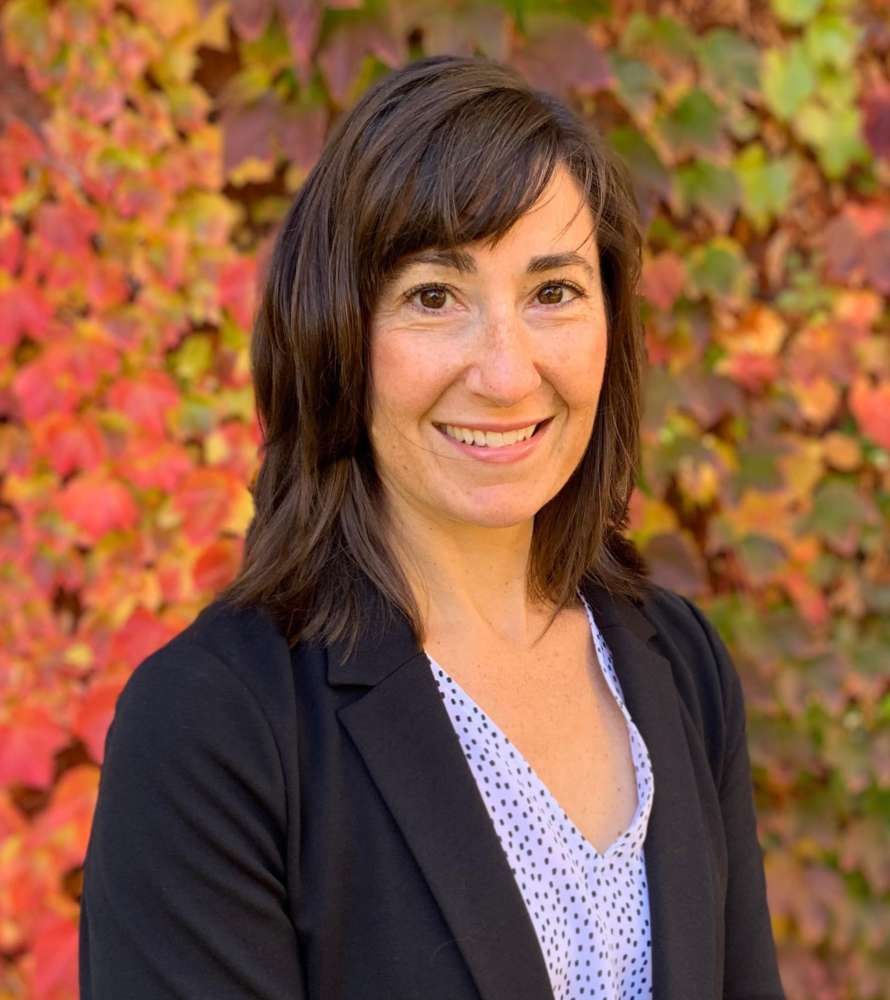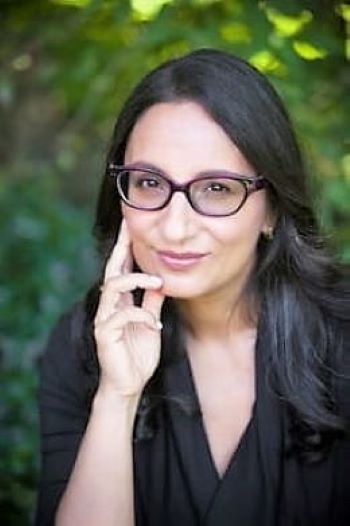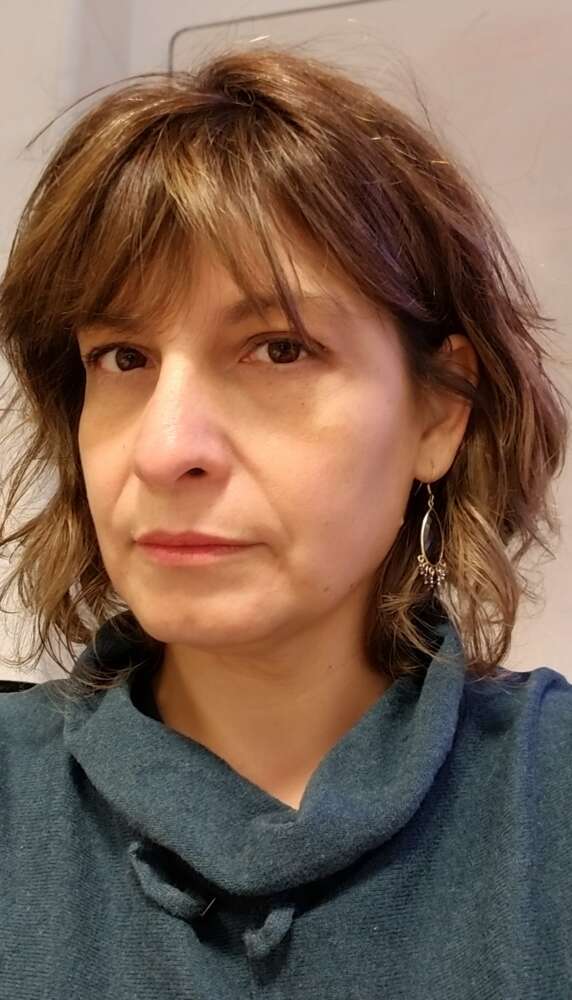There is much to celebrate on this International Day of Women and Girls in Science, particularly in this challenging year. University of Guelph women scientists have been at the research forefront during the COVID-19 crisis, advancing knowledge of the virus and creating policies and methods for testing and developing treatments and vaccines.
At the same time, the pandemic has had a significant negative impact on women, particularly those who are mothers of younger children or who are at critical advancement stages of their careers. The COVID-19 pandemic has revealed continued gender disparities both in science and in society.
Here, three U of G women scientists working in COVID-19-related research describe how their work has been affected by the pandemic, why it’s important for them to help address this crisis through research and what still needs to change to ensure full equality for women in science.

Gabrielle Brankston
Brankston is a PhD student in the Greer Lab at U of G who has been working in epidemiology to track both the spread of the coronavirus and risk behaviours of Canadians in response to public health measures.
“I’ve been fortunate to be able to continue my work from home, but when the schools have been closed, that’s also meant working with all three of my children at home. The challenge I’ve faced is one that so many women working from home have faced: trying to maintain my productivity while also trying to support my children’s learning.
“What’s been motivating me is knowing that the work I’m doing right now is important. As an epidemiologist, outbreaks are my main interest, and I want my research to be used for action or to affect policy. We’ve been analyzing the data and sharing with government and public health leaders and I feel like my work is having an impact with decision makers.
“But layered on top of that has been this feeling of guilt for not being able to give my children the full attention they need since this began. And I think this guilt is something working mothers have been feeling more than working dads. I have heard of women being encouraged to take leaves from work during this, but I haven’t heard that being suggested to men.
“We need to continue to celebrate women in science. A lot has changed in recent decades and my own kids have more role models than even I did, but there’s still a gender gap in those choosing careers in science. If we want to inspire women and girls and to highlight their accomplishments, we need to support girls in science with ongoing learning opportunities and expose them to a variety of fields.”

Dr. Madhur Anand
Anand is a professor in the School of Environmental Sciences and director of the Guelph Institute for Environmental Research. In the last year, she has co-authored research that uses mathematical modelling to analyze different strategies for reopening schools and businesses as well as for deciding who should be vaccinated first.
“Before the pandemic, we had been working on some of the most unsolved ‘wicked’ environmental problems of our time in our lab (such as climate change and managing invasive species). When COVID-19 arrived on the scene, some of that work had to be cancelled because it involved field work, but as a modeller, some of it could still go on from our homes.
“About two weeks after the emergency was declared in Ontario, I realized that so much of the techniques we were studying in ecological models could be applied directly to modelling human disease spread.
“It became important to me as a scientist to contribute to research that could help get us out of this pandemic in a way that could save lives. We’ve published several important papers now modelling various aspects of COVID-19 with many others in progress.
“As I look around at what’s happening elsewhere, I am very concerned about other women in science who’ve had to make tough choices or have had those choices taken away because of the pandemic. I read one paper showing evidence of a sharp decline in journal submissions of papers by women in the pandemic. I’ve reached a point in my career where I feel I couldn’t leave science/academia even if I tried, but for those just entering the field, it’s entirely different.
“I would like to hope that these circumstances are temporary and some of these women will return to a life of science, if they want, when things improve. I hope there will be practices put in place to assist them, to ensure they are not penalized for the impacts of COVID-19 on their careers, to keep open spaces for these women when they are ready to return.”

Dr. Monica Cojocaru
Cojocaru, a professor in the Department of Mathematics and Statistics, has been developing mathematical models to examine the effects of increased COVID-19 testing in schools and other scenarios.
“It’s important to me — really, a necessity for me — to continue working through this pandemic, to bring new ideas and perspectives and to try to find concrete solutions to the problems of this pandemic, especially for kids.
“Most of my mathematics research is in optimization, game theory and dynamic models, so in a sense I am a scientist who is adjacent to the front-line pandemic modelling work, but everyone with a wide range of expertise wants to contribute to this fight.
“We’ve come a long way in encouraging and nurturing women in science in the last 20 years, and there have been great advancements even in the last few years with #metoo, faculty pay equity, Indigenous rights. But there are still many gaps in representation in post-graduate work and in the science workforce. Women remain underrepresented in many STEM areas.
“As a mathematician, I know there’s still a perception that women aren’t usually math professors. It’s gotten better in the last decade and there’s less of the ‘You don’t look like a mathematician’ attitude, but it’s still out there.
“One thing I’ve noticed is that there’s this unspoken bias against women of a certain reproductive age. Biologically, becoming a mother is challenging physically and mentally, particularly in those first one or two years. It is challenging to stay competitive and at the top of your game when you go through all those changes.
“My own academic output and productivity was not as high in my first year of motherhood and although this is very common, I think it is not talked about enough, this natural decrease in energy. It is not recognized enough. So I think there’s still room to catch up with policy for women in the scientific (and beyond) fields.”